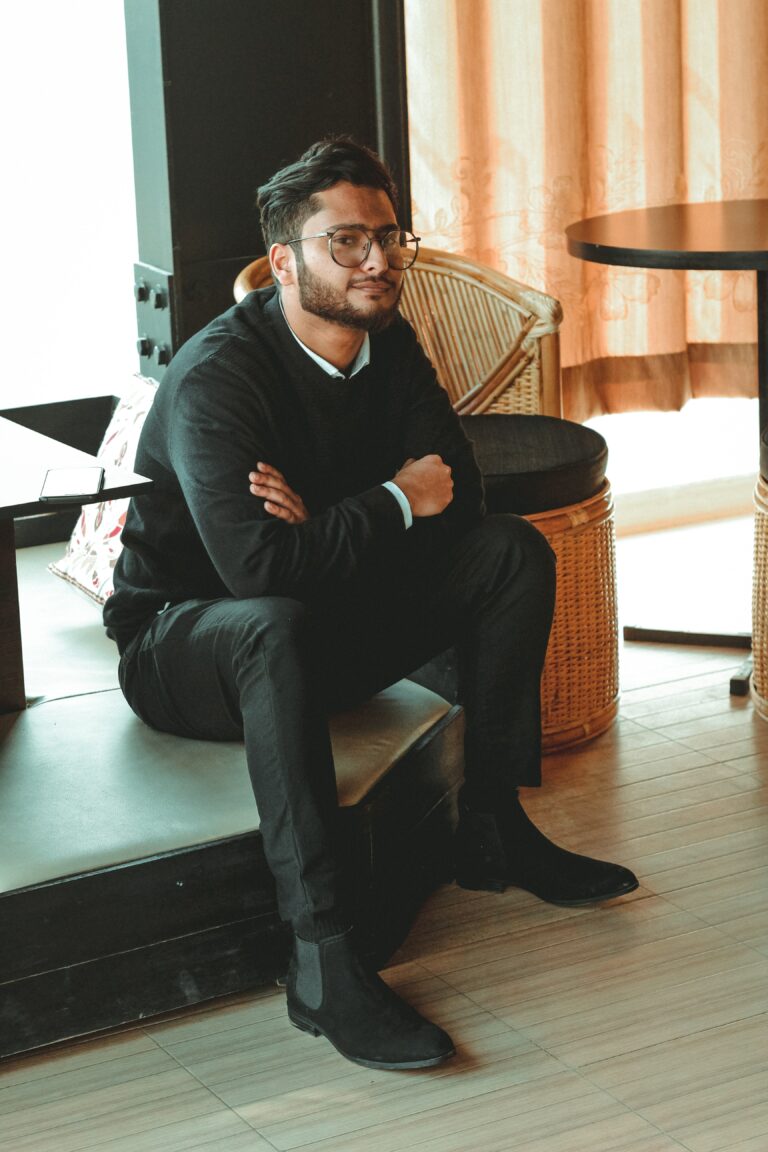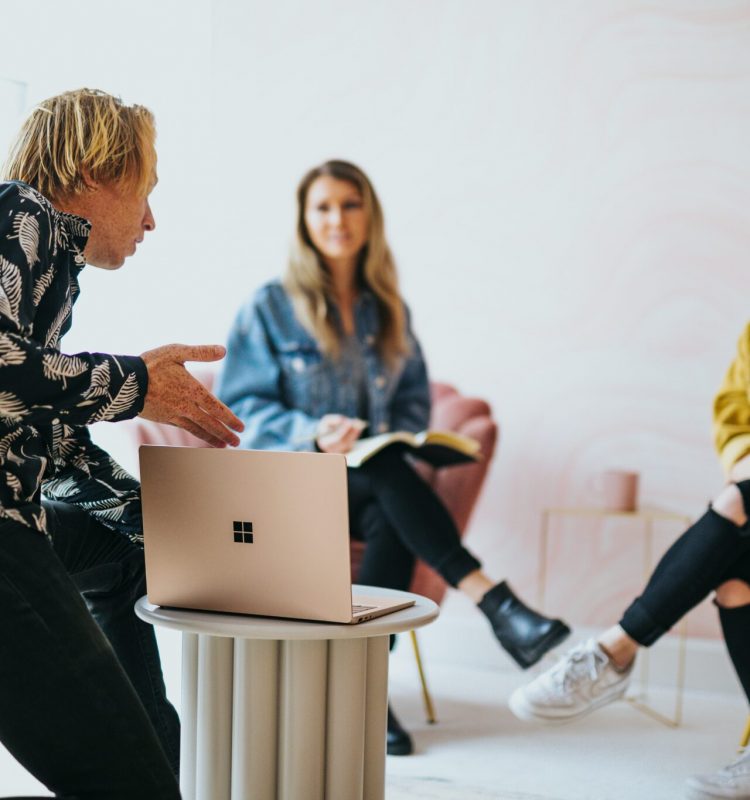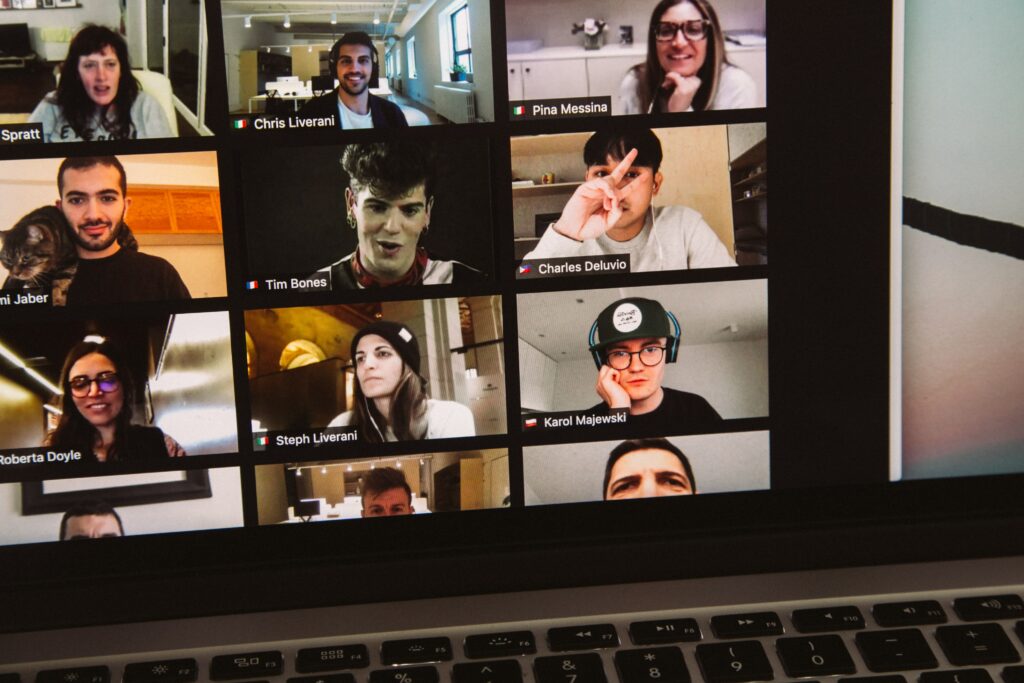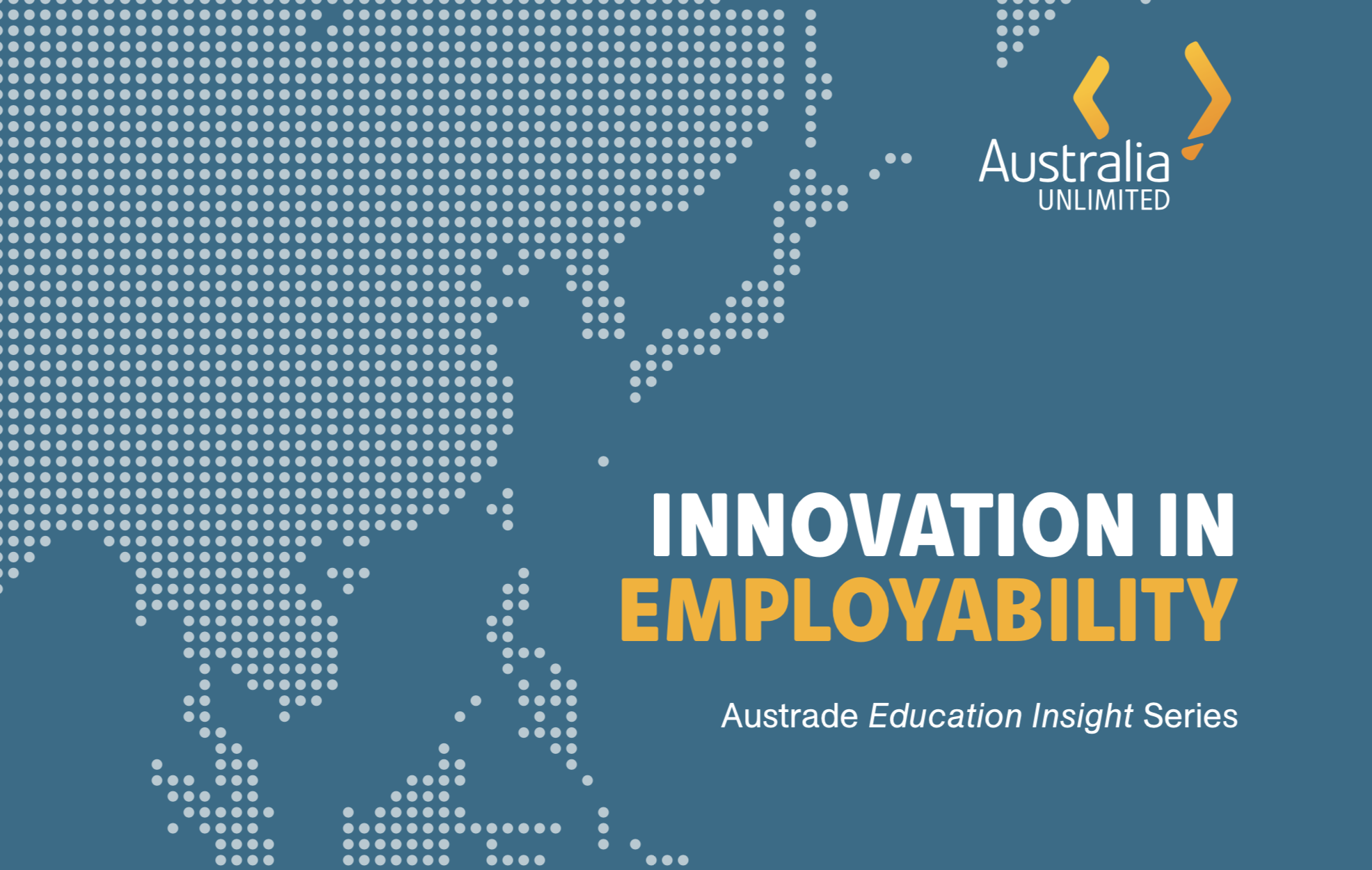
Starting a new job can be stressful, especially if it’s your first job out of university. You may feel nervous about being the new person in the office or worried that your questions will bother your supervisor or co-workers. Maybe you’re feeling afraid of criticism, delaying other people’s work, or being considered incompetent.
One of the most common anxieties when starting a new job is what co-workers will think of you, whether you’ll be included, and how you can get socially involved in your new workplace. As a fresh graduate who has recently experienced the same situation, I’m going to share with you some tips to help you overcome the stress and quickly adapt to your new environment.
1. Normalise Your Fear and Relax
New is scary, but it is normal. Everyone gets worried or stressed about the unknown, not just you. From a psychological point of view, “fear” is the emotion we experience when we sense a risk. But don’t worry, engaging with new colleagues isn’t life-threatening!
When I first started at my new job, I challenged the fear I was feeling and asked myself “what’s the worst that could happen?” When I thought about it that way, I realised that someone telling me one of my ideas was stupid was unlikely, and even if it did happen, I could change the way I received that feedback.
My suggestion is to encourage yourself to face up to your current situation and reframe it. Tell yourself, “If I ask this question, it might open my mind and get clarification” instead of “I might get scolded or look silly if I ask this question.”


2. Mind Your Body Language
If you strike up a conversation with a co-worker, they’ll pay more attention to your body language and tone than the actual words you say. In fact, research shows that your body language makes up about 55% of your communication, tone of voice 38% of your communication, and words only 7% of your communication to other people.
So if you want to get socially involved in your new workplace – relax. Loosen your shoulders. Say hello to people like you would to your friend. If you can feel your body tensing up, roll your shoulders, take a deep breath, and smile.
3. Remember Why You’re Here
There’s a good chance that the fear of your new work environment has made you forget how happy you were when you got the job. So, always remind yourself why you are here. You’re at your new workplace because you were selected – among all the dozens of applicants – as the best person for the job.
Share that excitement and passion with your new co-workers. Show them what you can do and don’t be shy to use “work talk” as an icebreaker. It gives people around you context and a view into your style. A bit of personal background information helps co-workers get to know you more, which is a good step to belonging socially to a new workplace.
4. Introduce Yourself
Introducing yourself is the best way to make a good first impression for people to remember you. Take the initiative to meet your new co-workers. Say hello in the elevator, kitchen, or hallway. If your colleague invites you to lunch, say yes and take the opportunity to get to know them better.
If you’re working remotely, schedule 15 minutes with a new colleague every week on Zoom or Google Meet. Start with your supervisor and the people in your team, and over time you can start seeking out one-on-ones with co-workers in different parts of the business. People love to talk about themselves and their experiences, so if you’re shy, all you need to do is sit back and smile while the other person does all the talking. Better still, you’ll become known as the office’s social butterfly!
As you become familiar with your colleagues, they’ll be happy to help you when you need it. Make sure you return the favour and help others as well. Your co-workers will love this new professional who is willing to collaborate and helps others with enthusiasm.


5. Learn The Company Culture
No matter the size of your new company, every organisation has its own rules and regulations. They have their own acronyms, language, and jokes. Most of these rules and behaviours are unspoken, so look out for social cues and be patient while you learn the way things work.
As a new team member, don’t be afraid to ask questions – how to ask for leave, where the best places to park are, when to use Slack versus email, and who the “class clown” is. This is one of the quickest ways to learn and gives you an excuse to talk to your co-workers. (This is especially helpful if you need a segway into more conversational topics.) With these things in mind, you can develop a basic sense of what behaviours are acceptable and expected in your new workplace, so you can quickly fit into the corporate environment.
So next time you’re diving into a new workplace, don’t be afraid of getting involved with your new colleagues – get excited! Remind yourself that fear is normal, your body language speaks volumes, you’re here for a reason, introducing yourself shows confidence, and take the time to learn your new company culture.
Do you have any tips for socially connecting in a new workspace? Tell us about it on LinkedIn, just tag us in the post so we can have the conversation together!

Shan Jiang is a Social Media Marketing Intern at Outcome.Life where she helps create content to empower better employability outcomes for international students and provide host companies with diverse and passionate interns. An international student herself, Shan is a bilingual content creator.
If you have any questions...
The Outcome.Life team are always here to answer any questions or help with any problems you might encounter during your internship.
You can contact us between 9am – 5pm, Monday – Friday at:
Phone: 03 8899 7424
Email: hello@outcome.life












































